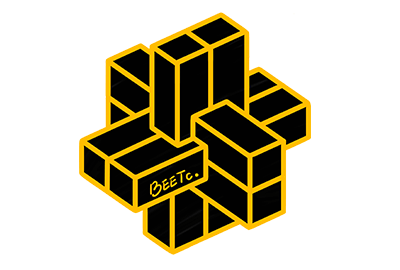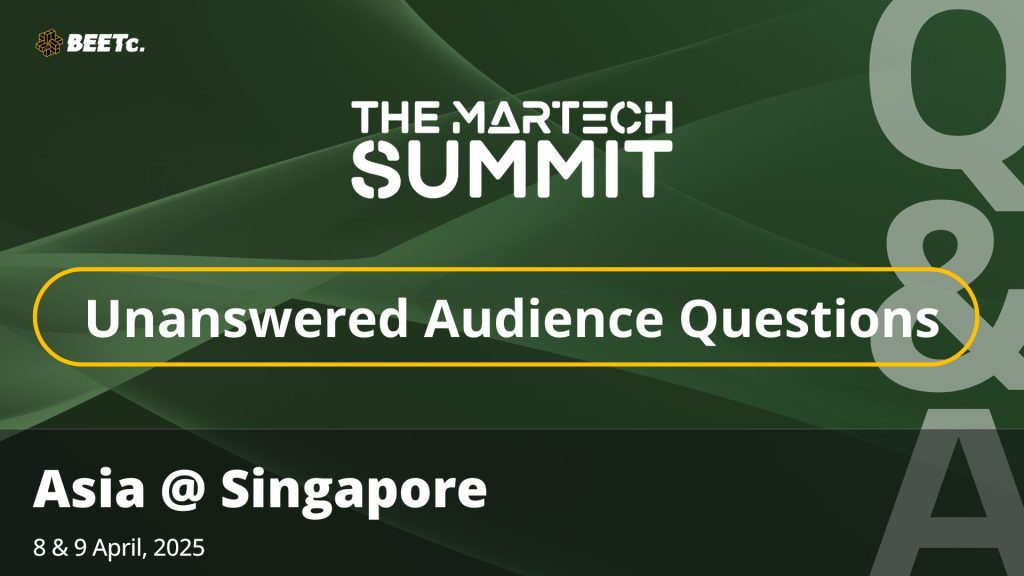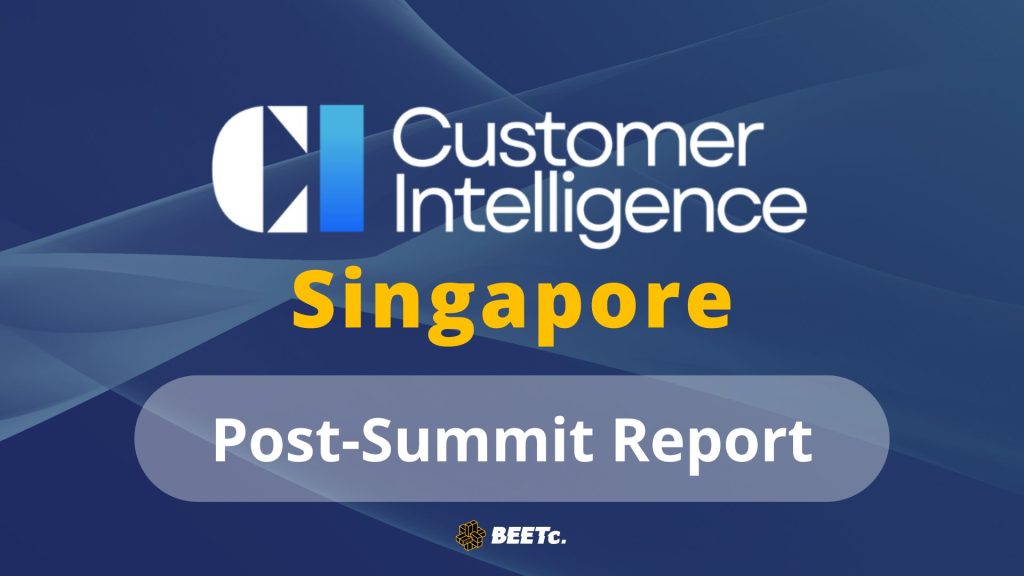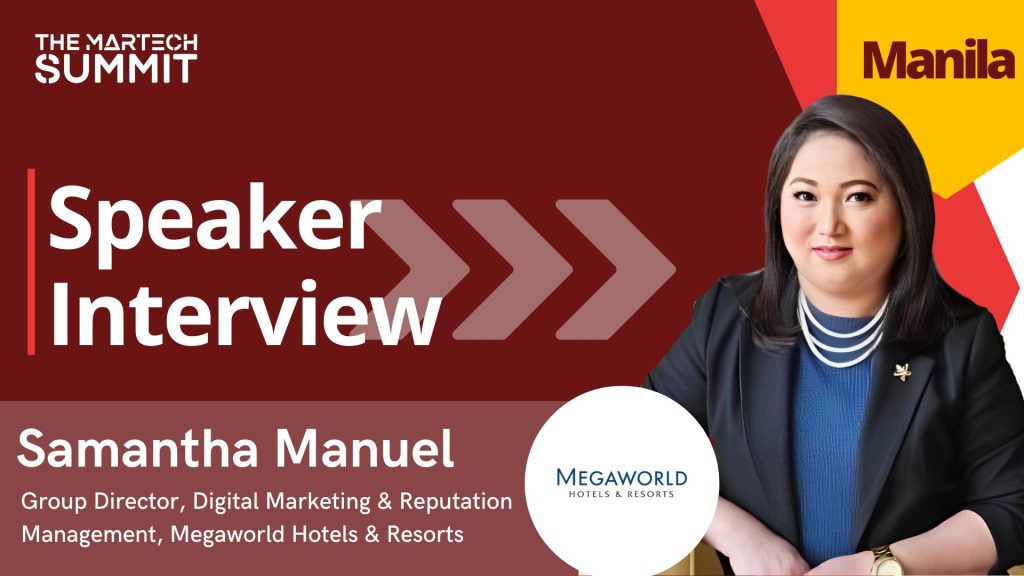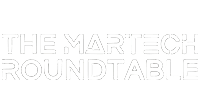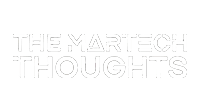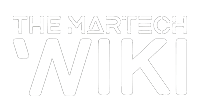How has your approach to customer engagement/retention/loyalty changed due to new MarTech tools and solutions?
With MarTech tools we have become much more precise and data-driven in serving our customers (buyers, users). Our content, messages, and offers become much more contextually relevant and individualized as we understand better where people are in the user journey and what their needs are.
With all the new MarTech tools and solutions now available, what is one of the key pitfalls to avoid in the procurement process?
The procurement process can underestimate the cost of technical integration, as well as the extent to which new tools will be future proof or not. Furthermore, we need to take a hard look at the trade-offs between enhancing current solutions vs implementing completely new tools.
What MarTech vendors have impressed you with their solutions and understanding of true business needs and challenges?
Adobe:
– Customer Focus & Experience: Adobe has understood well that current and future business growth comes from a customer-focused, experience-driven perspective and thus how important it is to manage unified customer experience effectively in all its complexity. And they’ve realized that the big business challenge is how to operationalize and strategically choose technology to manage these experiences seamlessly.
– Data & Integration: Great CX relies on linking together platforms/channels/touchpoints and various data sources so we can connect with customers at the right time, with the right type of personal and relevant experiences informed by the right kinds of data and insights from those interactions. That means that MarTech vendors with linked technologies or tools with seamless integration will deliver the best CX solutions. As such, Adobe is a leading player here because they’ve bundled together so much under the same hood while keeping integrations to a wider ecosystem as well.
AdLingo:
– Focus: Unlike Adobe’s unified comprehensive solution, AdLingo is a good example of a focused “niche” innovation within the spectrum of experiences. Having expert solutions in key touchpoints or moments that matter most to customers enables us to keep ahead of the curve with meaningful customer experience innovations to plug into the MarTech ecosystem.
– Interactive: AdLingo has captured the major shift in customer behaviour becoming more conversational, which has created a challenge for brands to stay relevant and engaging … and AdLingo has applied this opportunity to advertising. Banner ads have been slow to evolve and stay interesting & engaging, yet AdLingo has found a very interesting way to add value to the ad experience by making ads engaging and interactive via 2-way way comms (with a chatbot), rather than just interrupting customers with ads.
– Discover: AdLingo has also identified the human challenge of how difficult it is to discover and find the right information online quickly, so their conversational AI solutions make discovery simpler, easier, and delightful by embedding ‘knowledgeable’ chatbots in relevant interactive online ads. This simplifies life for the customer, who doesn’t need to get lost in the data jungle that a website sometimes can be.
How has your organisation / team dealt with the challenge of the marketing industry and wider digital world evolving at such a fast pace?
Ford is embracing digital fully and we’re Digital First / Mobile First in much of what we do. My central team provides digital services at scale from our central ‘centre of excellence’ to our internal customers i.e. the in-country marketing teams. To keep up with the fast pace, we stay agile and use a test & learn the iterative approach with A/B testing.
Currently, what are you primarily looking for in your digital marketing efforts? Awareness or engagement? Why?
In our digital marketing efforts, my team is primarily building engagement and driving sales conversion through relevant information and special offers at the right time. We are able to be more contextually relevant, precise, and cost-effective via digital.
What is your key takeaway piece of advice that you would give when speaking to others on how to evaluate and select a MarTech stack?
First understand well what data you already have and how well you are / are not using it, then consider how MarTech tools will allow you to gather and use more data for incremental gain. We need to be clear on how MarTech builds on what we already have, how easy it is for marketers to use the new tools, and how well it enables marketers both to meet their business goals and to delight customers.
How did your MarTech journey begin? Please let us know your top 3 findings and discoveries.
My journey began at Coca-Cola doing segmented marketing (right brand/pack/price/channel/occasion) to now digitally precise targeting online-enabled via MarTech.
Findings & Discoveries:
- Human needs at the centre: the key is to be human-centric, with sharpened insights as to the underlying foundation. MarTech success is vastly amplified when it focuses on those core human needs and resolves tensions/pain points.
- Online to Offline: customer journeys are often broken during O2O. The most successful companies have figured out how to bridge O2O seamlessly and sometimes use practical solutions to do so.
- Holistic marketing: people are dynamic with changing behaviours as customer journeys become non-linear. We need to meaningfully link different data (website, social, offline, etc) to give a holistic, human understanding of our audiences so we can better serve them in a highly relevant or personalized way.
For you and your team, which is currently recognised as the larger challenge – MarTech integration or MarTech strategy?
MarTech strategy is the larger challenge, as we must first define it clearly before going into integration. We need to be very clear on what we want to achieve now vs. in the future, the roles of different MarTech tools and how they will enable us to get to our strategic vision, and ultimately how MarTech will provide a better customer experience. MarTech is a journey so we need to layout a clear path to success that will enable us to overcome the inevitable hurdles that arise along the way – including technical integration.
Have you mainly chosen to adopt established MarTech or have you also looked into the emerging opportunities? Which?
We have a strong suite of established MarTech tools. We are looking actively looking into and piloting emerging opportunities when they serve ‘human’ customer needs and our business needs.
What do you predict as being the top MarTech trends for 2020?
Precision Marketing (right audience, right time, right message) has been the gold standard in marketing for many years and it seems we’re breaking into a next stage. I’m excited by the advances in Predictive Marketing leveraging neuro behavioural understanding to anticipate future actions.
